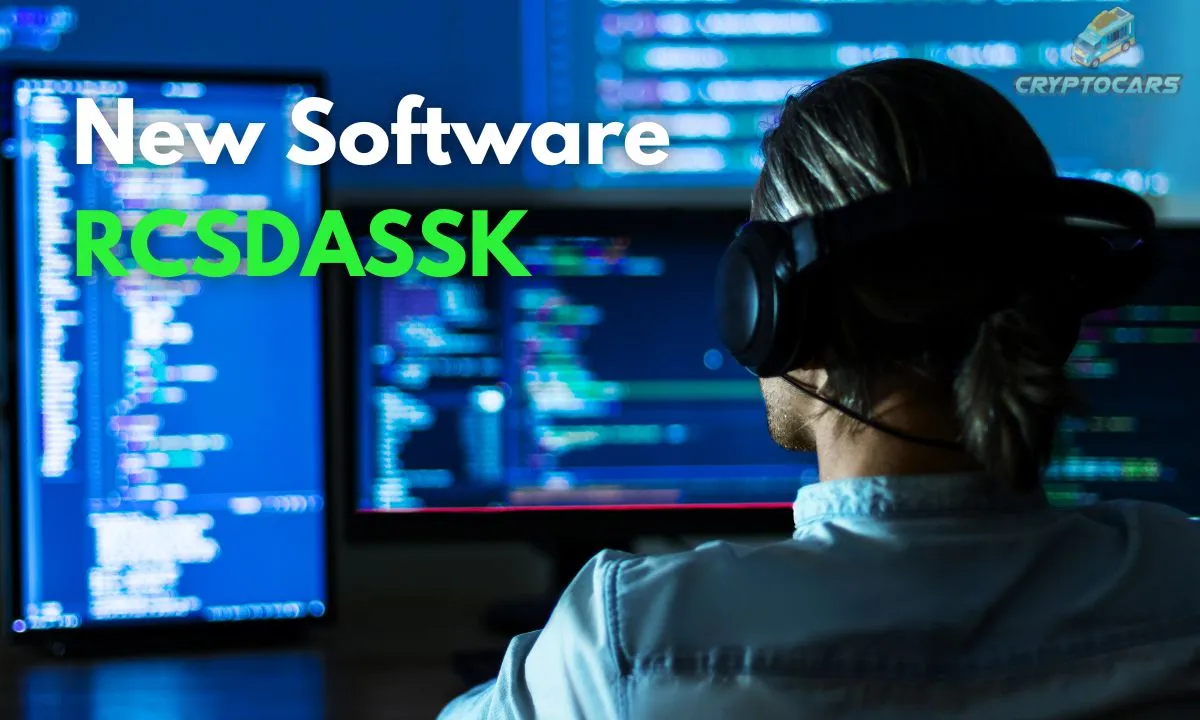The 2025 IEEE International Symposium on High-Performance Computer Architecture (HPCA2025) is set to become a landmark event that redefines the collaboration between academia and industry. As computing demands accelerate due to AI, cloud infrastructure, and edge computing, HPCA2025 offers a vital platform where visionary research meets real-world application. This convergence of innovation and implementation stands at the heart of what makes HPCA not only academically prestigious but also commercially significant.
The Essence of HPCA
The High-Performance Computer Architecture (HPCA) symposium has, for decades, been one of the most important global forums for presenting the latest in processor and system architecture research. Sponsored by the IEEE Computer Society’s Technical Committee on Computer Architecture (TCCA), HPCA gathers elite researchers, engineers, and industry leaders to discuss solutions that address the performance, efficiency, and scalability of next-generation computing systems.
HPCA2025 Theme: Convergence of Minds and Machines
The theme of HPCA2025 is clear and compelling: “Bridging Academia and Industry in Architecture.” This focus is more than a tagline—it’s a strategic initiative. The symposium aims to foster meaningful dialogue and actionable collaborations between university researchers and industry practitioners. In a field as complex and rapidly evolving as computer architecture, siloed innovation is a risk. HPCA2025 confronts that risk head-on by making cross-sector synergy the foundation of its program.
Why Bridging the Gap Matters
The gap between academic research and industry application is well-documented across many technological disciplines, but it is particularly acute in system architecture. Academic researchers often pursue long-term, high-risk, high-reward projects, while industry tends to favor practical solutions that can scale and generate ROI. However, both domains need each other.
-
Academia benefits from access to real-world data, hardware, and deployment scenarios.
-
Industry gains from cutting-edge theories, novel architectures, and groundbreaking ideas that emerge from academic freedom.
HPCA2025 encourages both sides to meet halfway—offering platforms where academic prototypes can find industrial use cases and where commercial limitations can inspire new theoretical models.
Key Tracks and Topics
HPCA2025 will feature a variety of technical tracks that explore emerging trends and foundational issues in computer architecture. Here are some of the core focus areas:
-
Processor and Microarchitecture Innovations
-
Instruction-level parallelism
-
Multi-core and heterogeneous designs
-
RISC-V developments
-
-
Accelerators and AI Hardware
-
Tensor processors
-
Neuromorphic computing
-
FPGA and ASIC-based accelerators
-
-
Memory Hierarchies and Storage Systems
-
Non-volatile memory
-
Memory coherence in distributed systems
-
In-memory computing architectures
-
-
Energy-Efficient Systems
-
Low-power architecture design
-
DVFS and energy modeling
-
Green datacenter designs
-
-
Security and Reliability
-
Side-channel attack mitigation
-
Hardware-based trust models
-
Fault tolerance in exascale systems
-
-
Software-Hardware Co-Design
-
Compiler optimizations
-
ISA evolution
-
Runtime systems for adaptive architecture
-
Each of these topics is not only academically intriguing but also highly relevant to industry applications in cloud services, consumer electronics, healthcare, autonomous vehicles, and more.
Industry-Academia Panels and Workshops
HPCA2025 is going beyond traditional paper sessions. Several specialized panels and workshops are being organized specifically to bridge the academic-industry divide:
-
“From Lab to Market” Panel:
Discusses how academic research can transition into viable commercial products. Featuring speakers from top research universities and tech giants like NVIDIA, AMD, and Intel. -
“The Future of Architectural Education” Workshop:
Explores how academia can better prepare students for real-world hardware development roles. -
“Industry Problems, Academic Solutions” Session:
A reverse pitch-style event where industry players present their current challenges, and academic teams propose research directions.
These sessions ensure that both parties not only talk but actively explore collaboration opportunities.
Student and Early-Career Engagement
Recognizing the importance of cultivating the next generation of computer architects, HPCA2025 is offering several student-centric initiatives:
-
Travel Grants and Scholarships
-
Student-Industry Networking Dinners
-
Mentorship Programs
-
Student Research Competitions
These initiatives aim to integrate students early into the professional ecosystem, opening doors for internships, research collaborations, and employment opportunities.
Real-World Collaborations Sparked by HPCA
Over the years, HPCA has led to numerous influential collaborations. Startups like Cerebras Systems and Graphcore have cited conference research as foundational to their chip designs. Similarly, academic work presented at previous HPCAs has found its way into mainstream processors by Intel, AMD, and ARM. HPCA2025 seeks to increase such success stories by creating clearer pathways from theory to practice.
Some expected outcomes from HPCA2025 collaborations include:
-
Commercialization of Research Prototypes
-
Joint Industry-Academia Patents
-
Academic Curriculum Reform Influenced by Industry Needs
-
Open-Source Tools and Datasets for Architectural Evaluation
The Globalization of Innovation
While HPCA has traditionally been a global event, HPCA2025 is going even further by enabling hybrid participation and regional meetups. Researchers and professionals from emerging tech hubs in India, Eastern Europe, Africa, and Latin America will have access to virtual booths, multilingual panels, and local chapter discussions.
This democratization of participation ensures a more diverse set of ideas, challenges, and opportunities. It also helps smaller academic institutions and startups to showcase their contributions on a global platform.
Environmental and Ethical Dimensions
A novel component in HPCA2025 is the inclusion of climate-conscious and ethical computing sessions. These sessions reflect growing concern around the carbon footprint of data centers and the ethical design of AI hardware.
Key questions being addressed include:
-
How can architectural designs reduce energy use without sacrificing performance?
-
What responsibilities do architects have in ensuring unbiased and ethical AI computations?
-
Can collaborative design improve the circular economy of silicon?
This broader outlook underscores the social responsibility of the computing architecture community and invites both academia and industry to co-develop sustainable and fair technologies.
Conclusion: A Symposium That Matters
HPCA2025 is not just another technical conference. It is a call to action—an opportunity to break silos, align visions, and co-create the future of high-performance computing. Whether you’re a Ph.D. student working on speculative architectures or a product engineer designing chips for billions of users, HPCA2025 offers a common ground.
By actively fostering partnerships, championing student development, promoting global inclusivity, and addressing real-world concerns, HPCA2025 is poised to become a model for what technological symposia should be in the 21st century: collaborative, forward-thinking, and impactful.
Join HPCA2025 and be part of the movement that brings academia and industry together—to shape the future of architecture, together.



